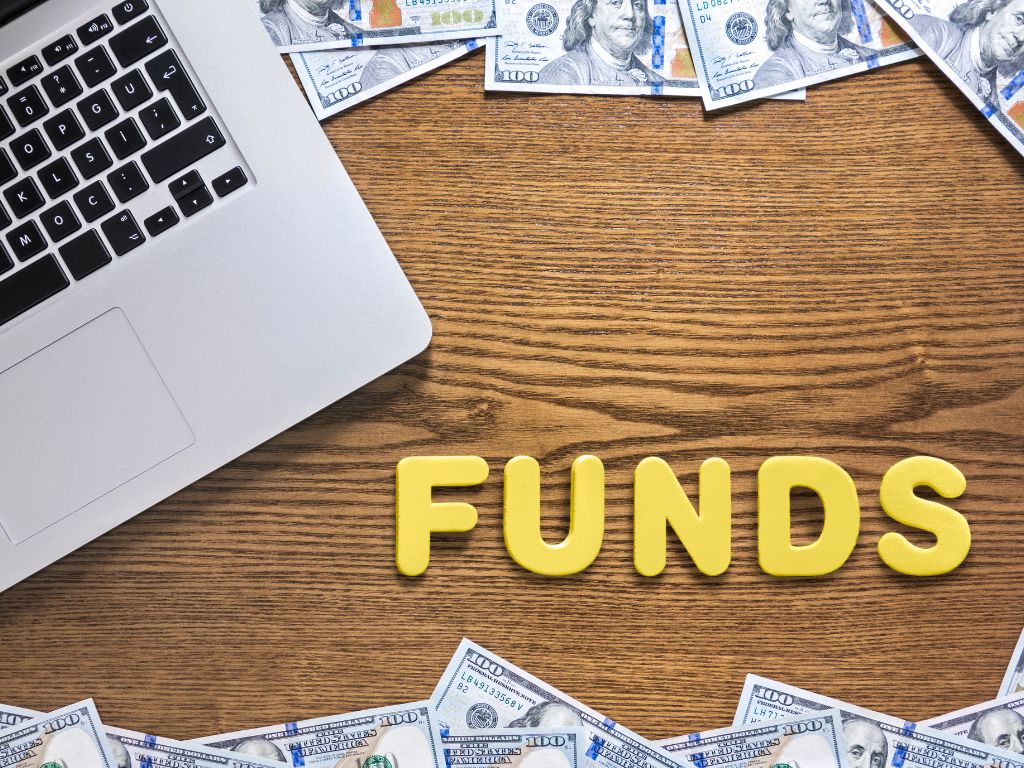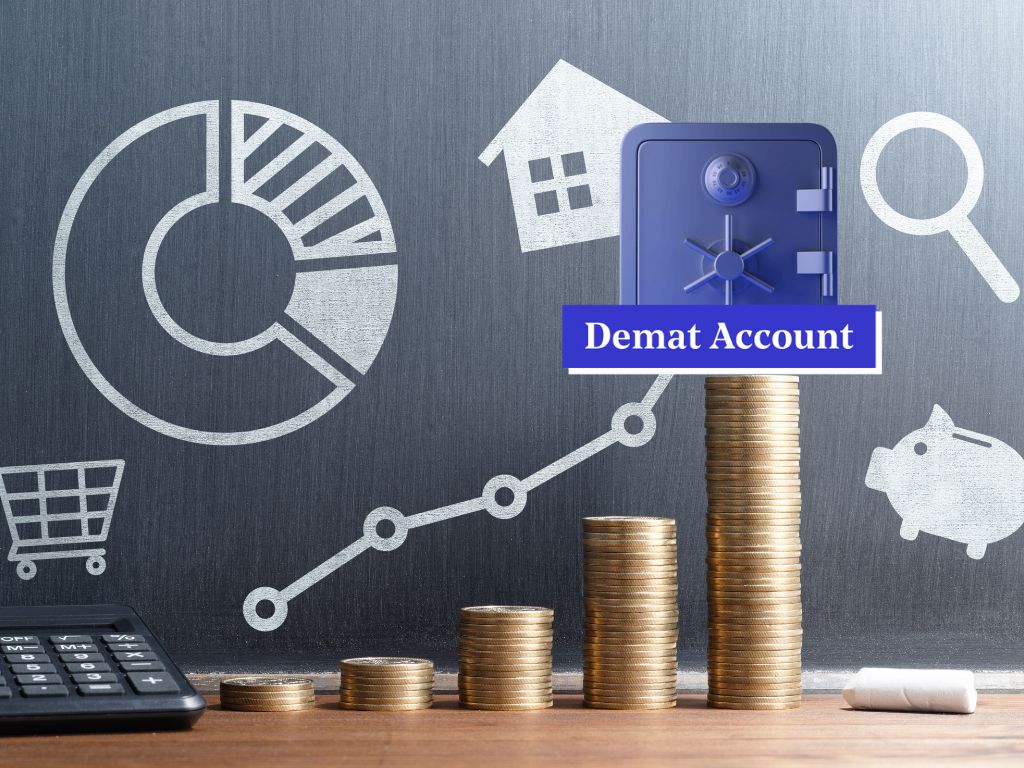Fixed Deposit Interest Rates in India 2024
Banks in India offer fixed deposits (FDs), and these are one of the most popular investment options for many. They allow us to deposit money with a bank for a specific term, on the basis of which we get assured and assured interest return. In this article, We will give all the details related to FDs in India, which include: top interest rates, benefits,, different types, and how to get them..
Let's Understand Fixed Deposits
Features:
- Tenure: FDs have tenures that can be short-term (short-term (7 days) or long-ranging (10 years). You choose the duration that best suits your investment goals.
- Minimum Deposit: It can be as low as Rs. 500 or higher if it is a preferred bank and the tenure of the FD
- Interest Rate: FDs offer a fixed interest rate that is locked in for the entire tenure. This ensures a steady income on your investment.
- Penalty for Early Withdrawal: Withdrawing money before the maturity date usually results in a penalty, which may be a deduction of interest earned or a charge.
- Interest Payout Options: Have your interest payouts transferred monthly, every quarter, or at the time of maturity.
- Nomination Facility: Nominate anyone else to receive the FD amount in case of your death
- Joint Accounts: A FD can be opened in a joint name, which means that two or more people invest together.
Best Fixed Deposit Interest Rates in India (as of June 27, 2024)
It's important to note that FD interest rates can change based on the bank, tenure, and deposit amount. However, here's a general overview:
- Scheduled Banks: Interest rates typically range from 2.50% p.a. to ~ 7.25% p.a. (standard).
- Small Finance Banks (SFBs) and NBFCs: may be higher than scheduled banks; may go up to over 8.00% p.a.
Tips for Finding the Best Rates:
- Use online comparison tools.
- Visit bank websites and look for the current rates.
- Even if only ever so slightly in the case of a larger deposit, negotiate for a higher rate.
Senior Citizen Interest Rates:
Senior citizens often receive higher FD interest rates compared to the general public. This can range from 0.25% to 0.75% on top of the standard rate.
Benefits of Fixed Deposits:
- Safety and Security: Your deposit (up to a certain limit set by deposit insurance) in an FD is secured as it is with any other bank account.
- Guaranteed return: Since the interest rates are fixed, you can know exactly how much you will get from your investment.
- Liquidity: FDs are more liquid than long-term investments but have a penalty for early withdrawal.
- Flexible Tenures: You may select a tenure that is consistent with your economic goals. whether or not short-term is long-term.
- Loan Facility: You can avail credit from many banks by pledging your FD without liquidating the deposit.
You see, there are fixed deposits for saving taxes as well (secured and locked in 5 years) under Section 80C of the Income Tax Act.
Documents Required for Opening an FD Account:
To open an FD account, you'll typically need the following documents:
- Identification: Identity Card and Residential Address Proof (e.g., PAN, Aadhar card, or valid passport) and Birth Certificate/Date of Birth Proof
- Latest Passport Photo:3 passport-size photos
- Other Documents: Identity Card and Residential Address Proof (e.g., PAN, Aadhar card, or valid passport) and Birth Certificate/Date of Birth Proof
- Identification:Depending on the form of any entity that you hold—company, partnership, or trust (if applicable), some additional documents will also be there, like a registration certificate and board resolution in such cases.
How To Open An FD Account:
- Internet Banking: Simple and convenient, but you need to internet banking access.
- Branch Banking:The Old Way Go to your bank branch and ask about opening an FD account.
Renewals and withdrawals:
- Renewals and withdrawals: Principal, Interest: On Maturity Date
- Renewal: For a further term at the then-prevailing interest rate
- Premature Withdrawal: Penalty (differs from bank to tenure)






